I Said It Was Simple…I Didn’t Say it Was Easy
Over the past couple of weeks, I’ve written about the difficulty in finding good, qualified construction contractors and how this problem is amplified after a disaster such as a hurricane, tornado, flooding, etc.
Finding a good construction contractor is a huge problem and has been around for a long time. I’ve thought about this off and on for years and recently has been one of those “on times”.

Why is this a problem and what do we do about it?
As I’ve been thinking about it, I’ve concluded, that even though it’s a big problem, the solution is simple…but hard.
The key to this solution is…
Treat others the way you would want to be treated.
Granted, different people have different ways they want to be treated, because each of us is different. Add to that, the long-term acceptance of “this is just the way it is” and it becomes more difficult than ever to solve the problem.
To clarify how we should treat others, we should use God as a measuring stick. Do your work with all your heart, as if you are working for God, not for men. Colossians 3:23

Working as if for God is the opposite of how the world operates.
As I was speaking with a customer just last night, they were telling me how they had been trying to find someone to do their project for years.
They had contacted several contractors who said they would come by and look at the project and never did.
They met with some who did show up only to never be heard from again.
With one contractor they got as far as getting a price but then they could never get him to come do the work.
Equally as bad is when a contractor does agree to do the work, but the customer never knows if or when they’re going to show up and then the job drags out and out and out.
This is an unacceptable way to treat God or anyone else.
The first and most important thing a good construction contractor needs is…COMMUNICATION.
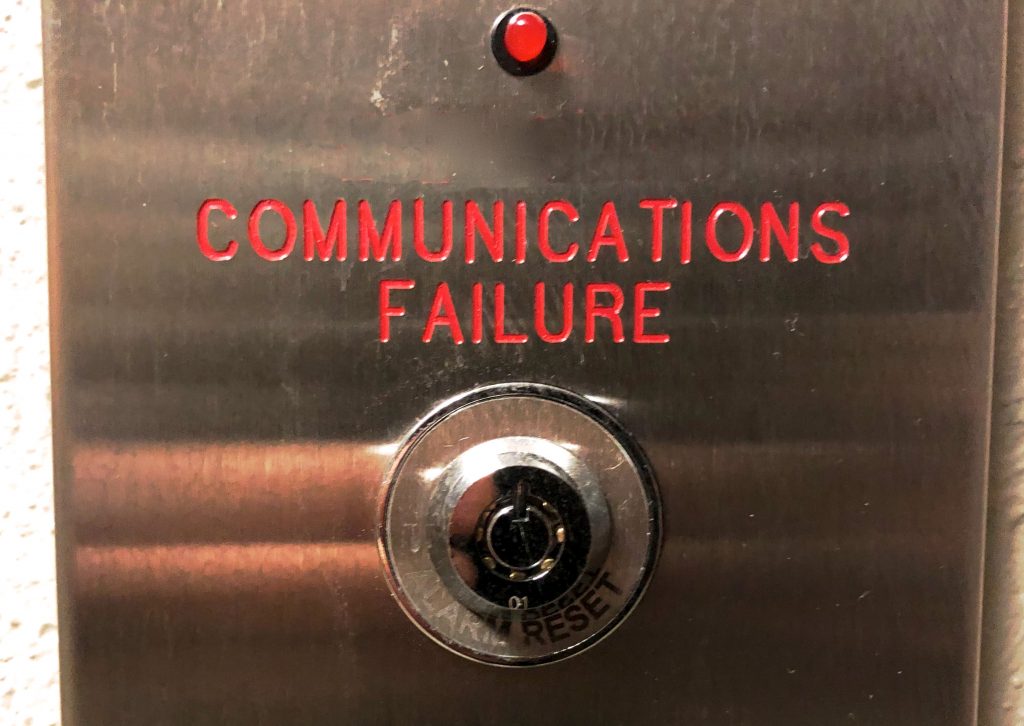
Communication is more than just talking. It includes:
- Listening to find out what the customer wants.
- Clearly explaining the work to be done, what it’s going to cost and when it will be done.
- Transparency and honesty. Letting the customer know what to expect and when.
- Willingness to be vulnerable. If you can’t be there when you said you would…let them know.
I plan to unpack what’s needed from a good construction contractor more over the next few weeks.




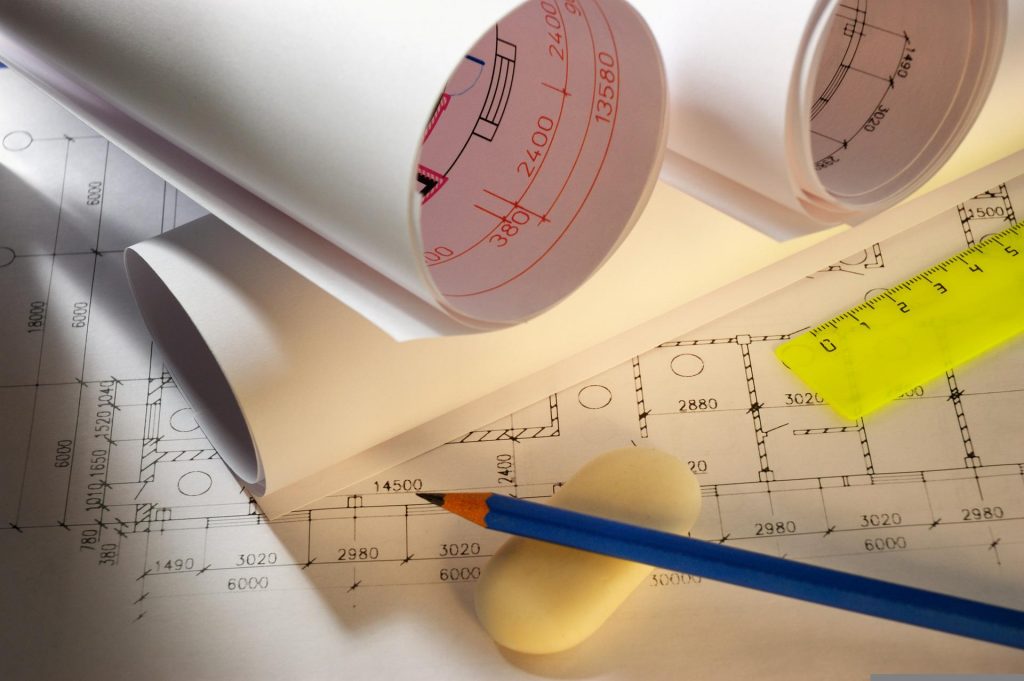






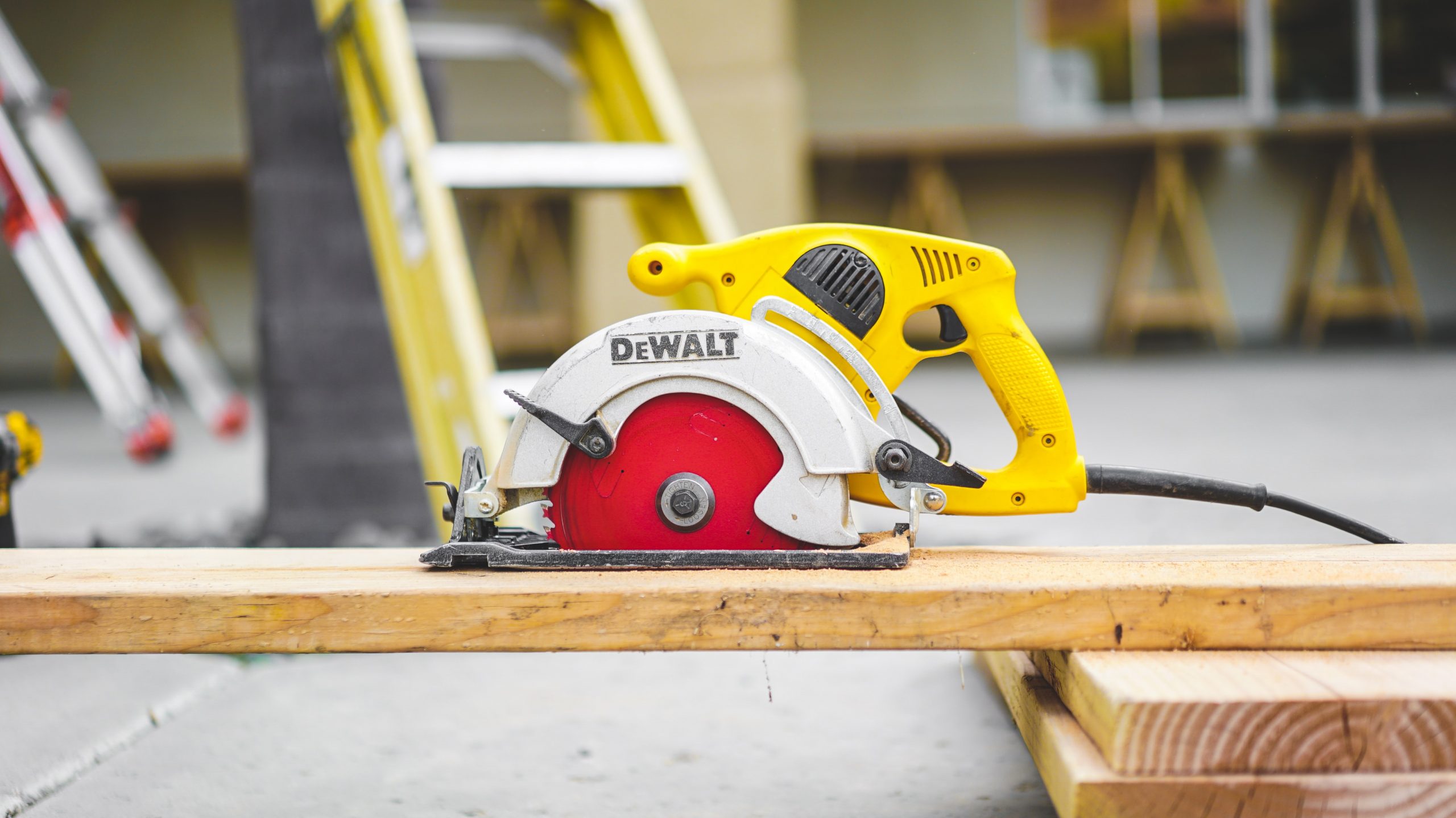






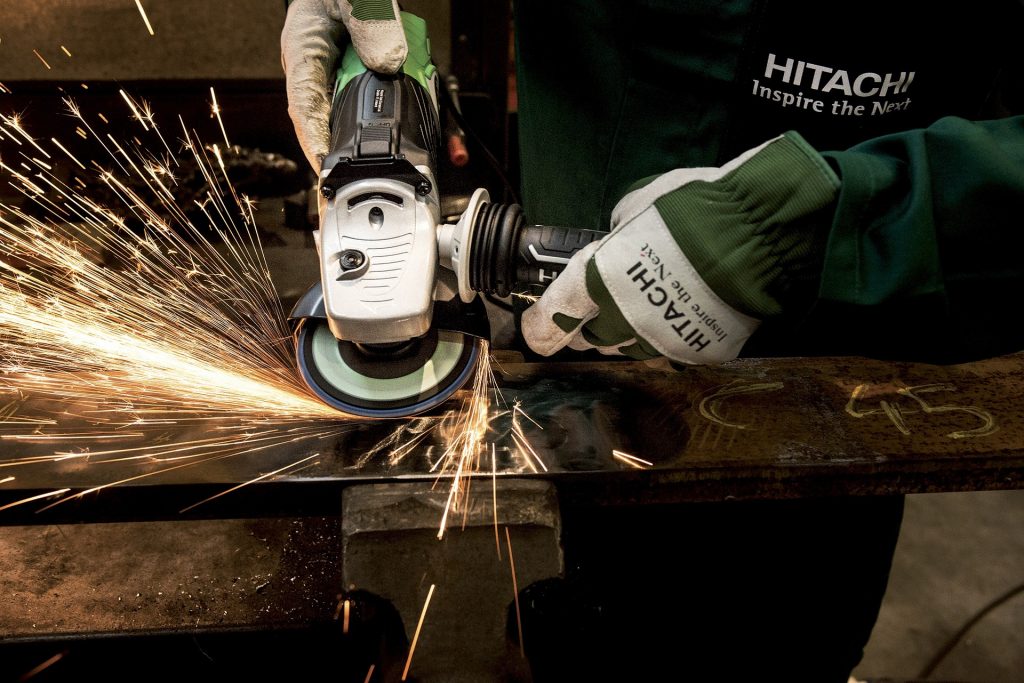
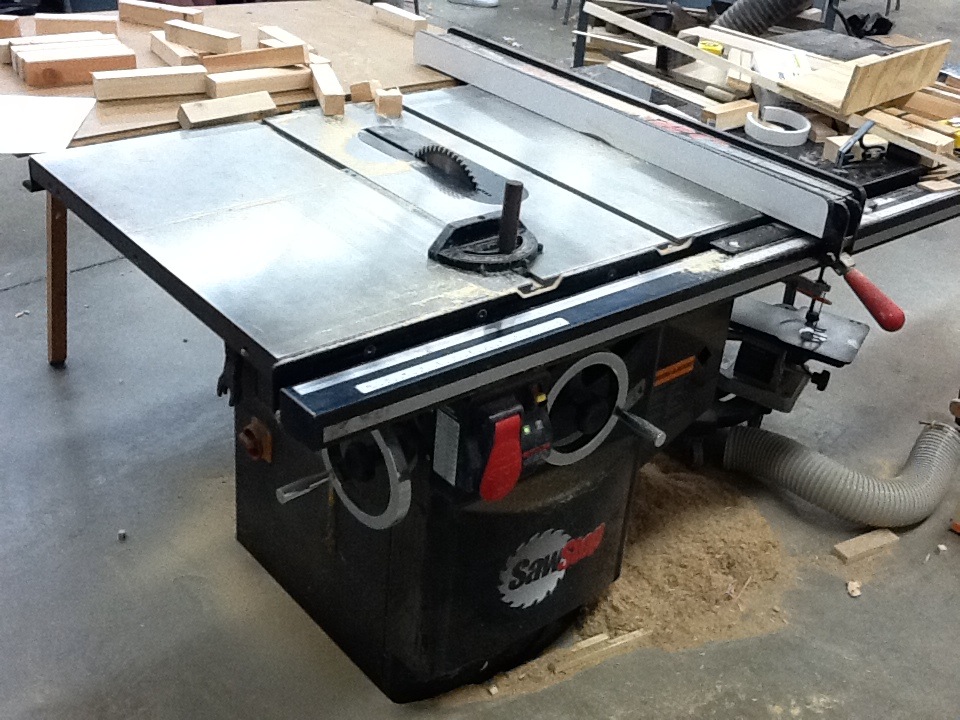
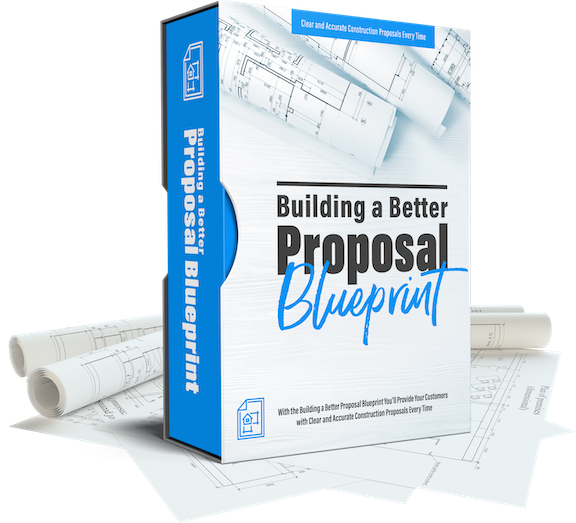









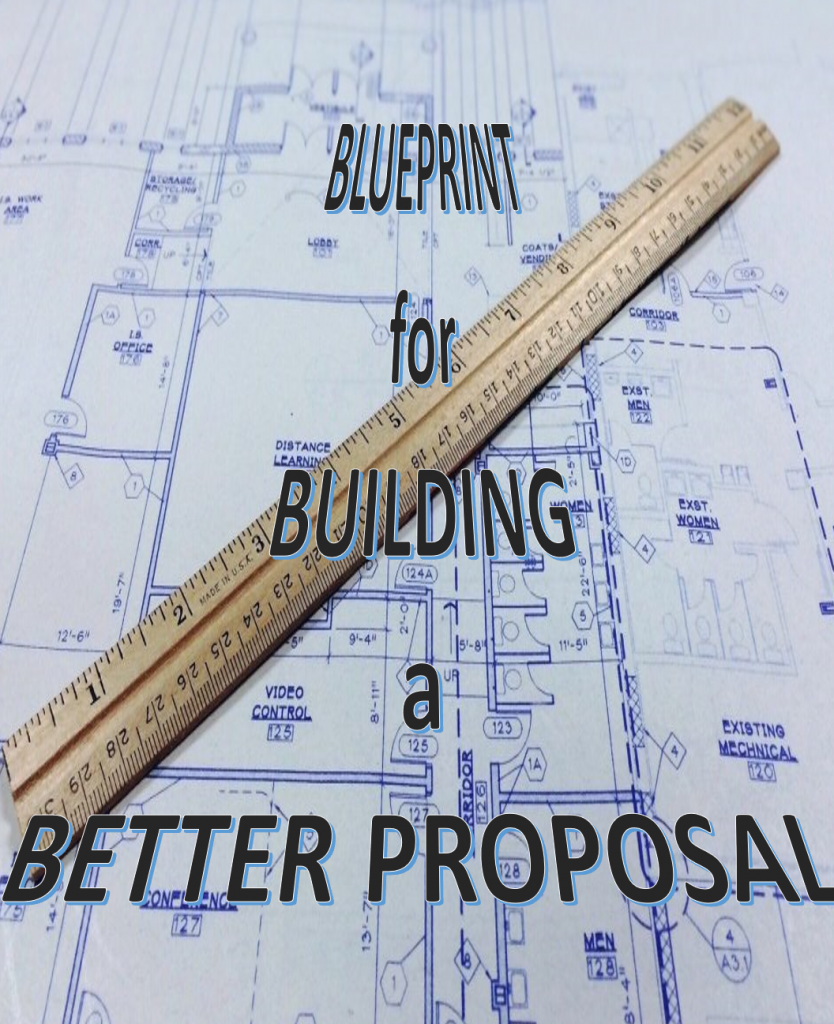


 STEP 1 – Gathering Information
STEP 1 – Gathering Information Next is putting prices to the project. This process involves two different Excel spreadsheets, the Worksheet and the Data Base. Based on the descriptions written on the Bid Sheet, content from the Data Base will be copied and pasted into the correlating cells on the Worksheet. After the pertinent information from the Data Base has been placed on the Worksheet it’s time to fill in the specific quantities.
Next is putting prices to the project. This process involves two different Excel spreadsheets, the Worksheet and the Data Base. Based on the descriptions written on the Bid Sheet, content from the Data Base will be copied and pasted into the correlating cells on the Worksheet. After the pertinent information from the Data Base has been placed on the Worksheet it’s time to fill in the specific quantities.


 He asked if this was a problem. My partner told him no, it wasn’t a problem. Guess what…
He asked if this was a problem. My partner told him no, it wasn’t a problem. Guess what…
 What if I told you that there is such a system and you could have it? There is and it’s going to become available in the next few months. Over the next several weeks we are going to breakdown the system, go through the different documents and processes in detail and explain how it works.
What if I told you that there is such a system and you could have it? There is and it’s going to become available in the next few months. Over the next several weeks we are going to breakdown the system, go through the different documents and processes in detail and explain how it works.


 Quality, honesty and integrity cover this part of the list. These are character issues. They are about choosing to give as much importance to someone else’s needs as I do my own.
Quality, honesty and integrity cover this part of the list. These are character issues. They are about choosing to give as much importance to someone else’s needs as I do my own. The entire issue of construction projects falling apart is unnecessary and unacceptable.
The entire issue of construction projects falling apart is unnecessary and unacceptable.